Introduction
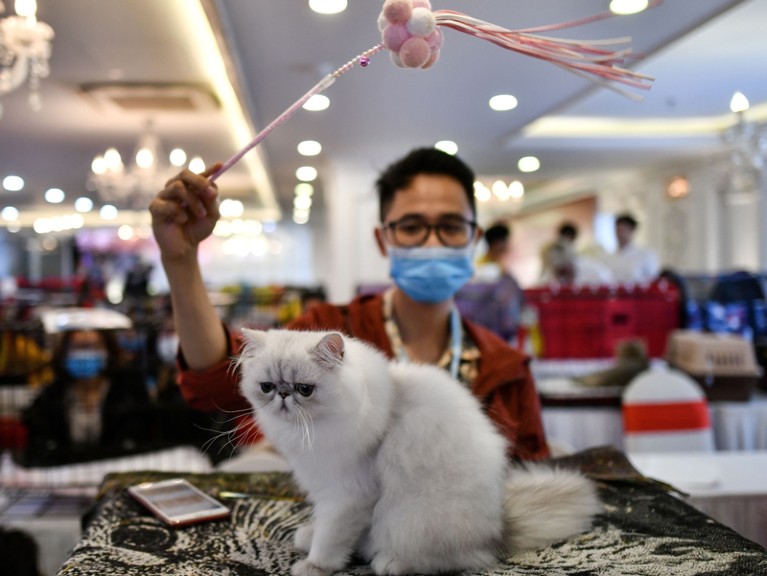
The emergence of the COVID-19 pandemic has raised concerns not only for human health, but also for the well-being of our beloved pets. As pet owners, it is essential to stay informed about the virus and its potential effects on our furry companions. This article aims to provide pet owners with comprehensive information regarding coronavirus and its implications for cats. By understanding the risks, symptoms, transmission, and prevention strategies, we can take appropriate measures to ensure the health and safety of our feline friends. Furthermore, we will explore how to maintain a strong bond with our cats during these challenging times and discuss ways to protect them from COVID-19. Let us delve into the world of coronavirus awareness for pet owners and prioritize the welfare of our beloved cats.
Understanding the importance of coronavirus awareness for pet owners
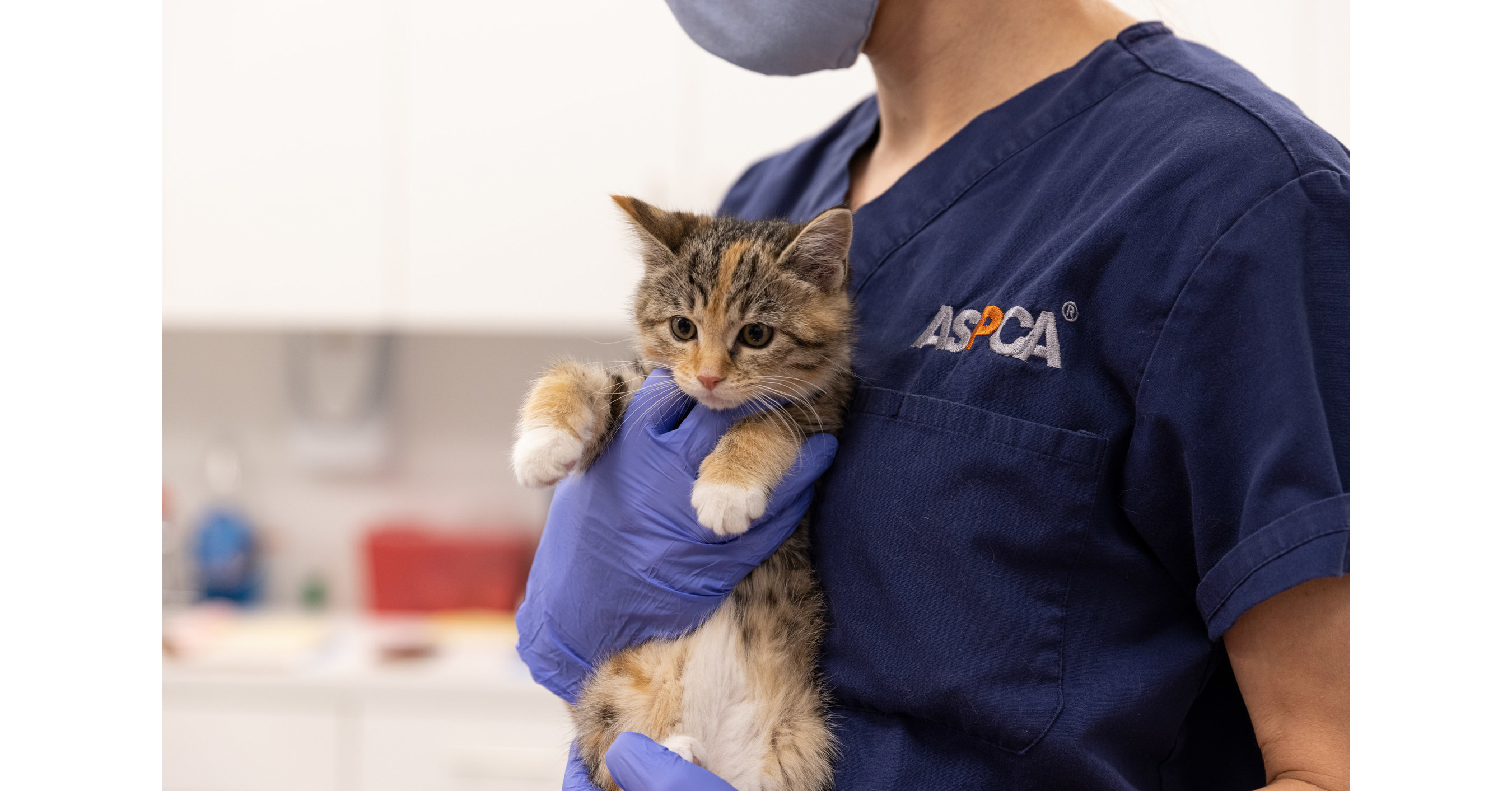
In light of the ongoing pandemic, it is crucial for pet owners to stay informed about the potential risks and implications of coronavirus on their furry companions. Understanding the importance of coronavirus awareness not only helps protect your cat but also promotes the overall well-being of your entire household. By staying educated about the virus, you can make informed decisions regarding your cat's health and take necessary precautions to mitigate any potential risks. Knowledge about the risk factors, symptoms, transmission, and prevention measures will enable you to provide appropriate care for your cat and minimize their exposure to the virus. Being aware of the latest updates and guidelines ensures that pet owners can navigate this unprecedented situation with confidence and safeguard their beloved pets.
Can cats get coronavirus?
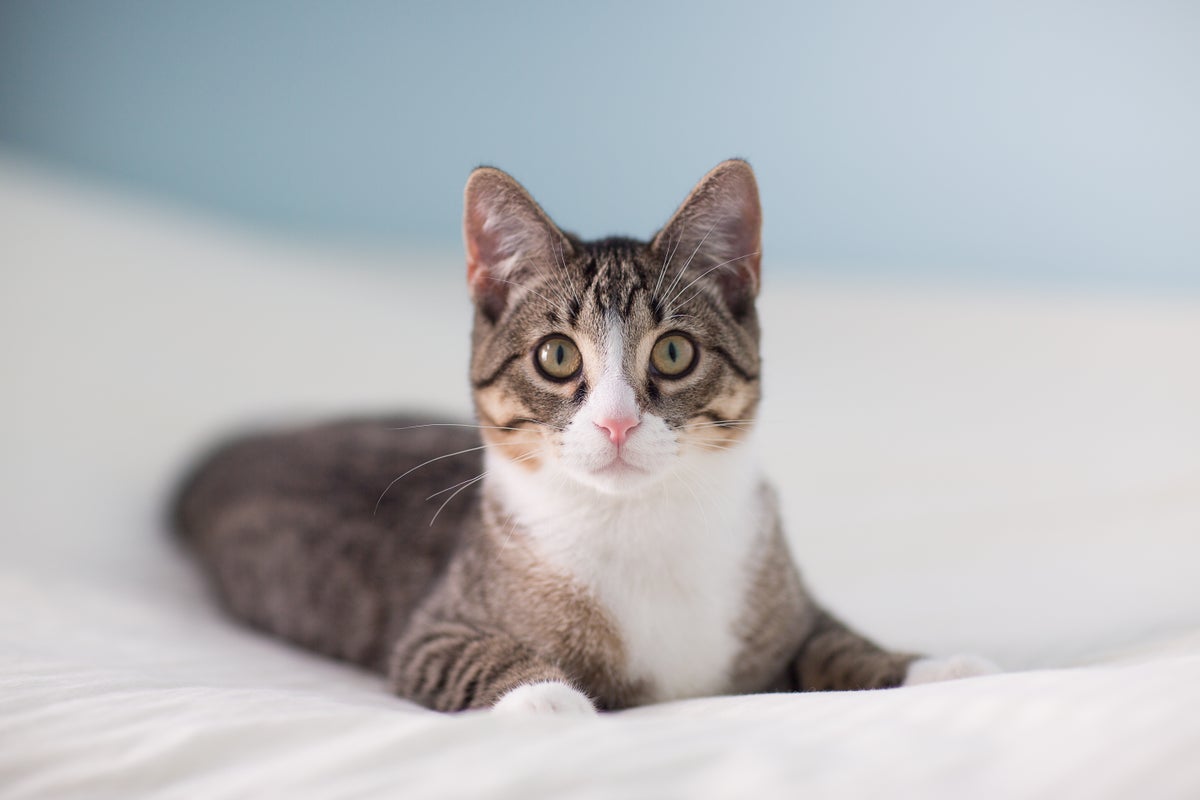
Yes, cats can get coronavirus. While the initial outbreak of COVID-19 was caused by a strain of coronavirus that predominantly affects humans, studies have shown that domestic cats can also become infected. The virus can be transmitted to cats through close contact with an infected human or another infected feline. It is important to note that the risk of transmission from cats to humans is considered to be low.
Research has indicated that cats can exhibit mild respiratory symptoms such as coughing and sneezing when infected with the virus. However, not all infected cats show signs of illness, making it crucial for owners to stay vigilant and take necessary precautions.
Understanding the risk of cats contracting coronavirus helps pet owners evaluate the necessity of preventive measures and ensure their feline companions' well-being during this pandemic.
Exploring the risk of cats contracting the virus
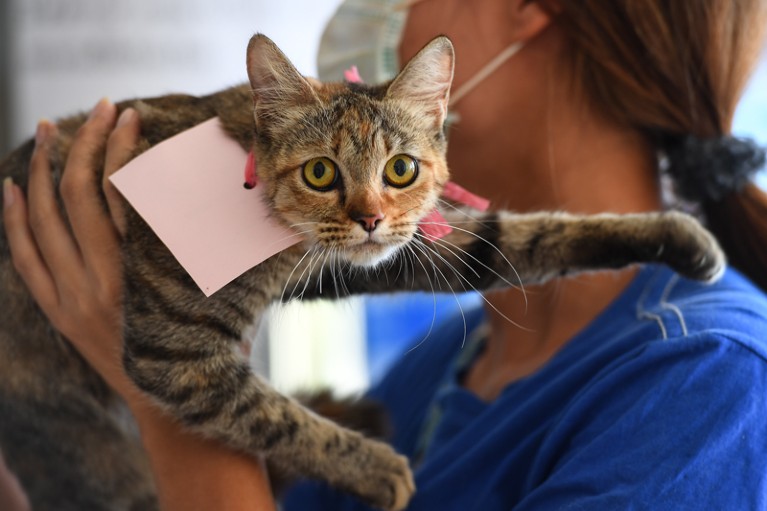
The risk of cats contracting the coronavirus is a subject of concern for many pet owners. While there have been rare cases of domestic cats testing positive for COVID-19, it is important to understand that the risk remains relatively low. According to scientific research, cats are not as susceptible to the virus as humans are.
However, it is important to note that cats can still become infected if they come into close contact with an individual who has the virus. This emphasizes the need for pet owners to follow proper hygiene practices and take necessary precautions when handling their pets.
It is important to stay updated on the latest information from reputable sources such as veterinary experts and health organizations, as more research continues to be conducted on this subject. By staying informed, pet owners can make well-informed decisions regarding the safety and well-being of their beloved feline companions.
Symptoms and diagnosis in cats
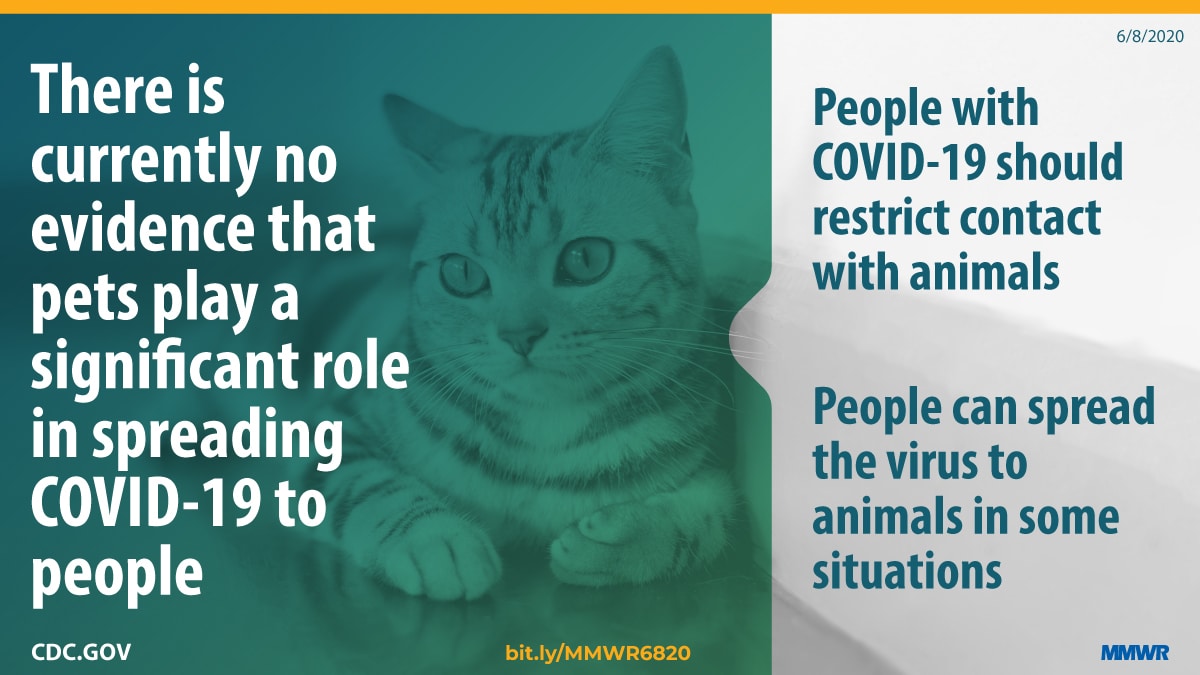
Symptoms of coronavirus in cats can vary, and some cats may not show any symptoms at all. However, common signs to look out for include respiratory issues such as coughing, sneezing, and difficulty breathing. Cats infected with the virus may also experience lethargy, loss of appetite, fever, and diarrhea.
If you suspect that your cat may have been exposed to coronavirus or is showing these symptoms, it is important to consult your veterinarian for a proper diagnosis. A veterinarian will typically perform a physical examination and may recommend additional tests such as blood work or respiratory testing to confirm the presence of the virus.
It's important to note that these symptoms can be similar to other cat illnesses, so a definitive diagnosis can only be made by a healthcare professional. Regular vet visits and open communication with your veterinarian are crucial in monitoring your cat's health and ensuring appropriate care if they do contract coronavirus.
Recognizing the signs of coronavirus in cats and how it is diagnosed

When it comes to recognizing the signs of coronavirus in cats, it's important to remember that feline coronavirus (FCoV) is different from the novel coronavirus (COVID-19) that is currently affecting humans. FCoV is a common virus in cats that usually results in mild gastrointestinal symptoms. However, in rare cases, it can mutate into a more severe form known as feline infectious peritonitis (FIP).
The signs of FIP can vary depending on the organs affected, but common symptoms include fever, weight loss, lack of appetite, lethargy, and fluid accumulation in the abdomen or chest. If you notice these symptoms in your cat, it's essential to seek veterinary attention promptly.
To diagnose FIP or rule out other possible causes for your cat's symptoms, your veterinarian may perform various tests such as bloodwork, imaging studies, and analysis of fluid samples. Early detection and diagnosis are crucial for managing FIP and providing appropriate treatment for your cat.
Transmission and prevention
Transmission and Prevention:
The transmission of coronavirus among cats primarily occurs through direct contact with an infected individual, whether human or feline. It is important to note that while cats can contract the virus, they are not active carriers like humans, meaning they cannot spread the virus to other animals or humans. However, it is still crucial to take preventative measures to protect both your cat and yourself.
To prevent the transmission of coronavirus to your cat, it is advised to limit their interactions with individuals who may be infected. This includes following social distancing guidelines and avoiding contact with people exhibiting symptoms or those who have tested positive for COVID-19. Additionally, practicing good hygiene by regularly washing hands before and after handling your cat can help minimize the risk of transmission.
By being vigilant and taking necessary precautions, you can significantly reduce the chances of your beloved feline companion contracting the coronavirus.
Understanding how cats can transmit the virus and measures to prevent its spread

It is important for pet owners to understand how cats can potentially transmit the coronavirus and take necessary measures to prevent its spread. While cats can contract the virus, the risk of them transmitting it to humans is considered low. According to research, cats can become infected with the virus through close contact with humans who are infected.
To prevent the potential spread of the virus, pet owners should follow a few important guidelines. Firstly, if you are diagnosed with COVID-19 or have symptoms, it is recommended to limit close contact with your cat and have someone else take care of them temporarily. Additionally, practicing good hygiene by washing hands before and after interacting with your cat and avoiding close contact if you are sick can significantly reduce the risk.
Regularly cleaning household surfaces and objects that your cat comes in contact with can also help prevent the spread of the virus. By following these precautions, pet owners can play a crucial role in protecting their cats as well as themselves from COVID-19.
Interacting with cats during the pandemic
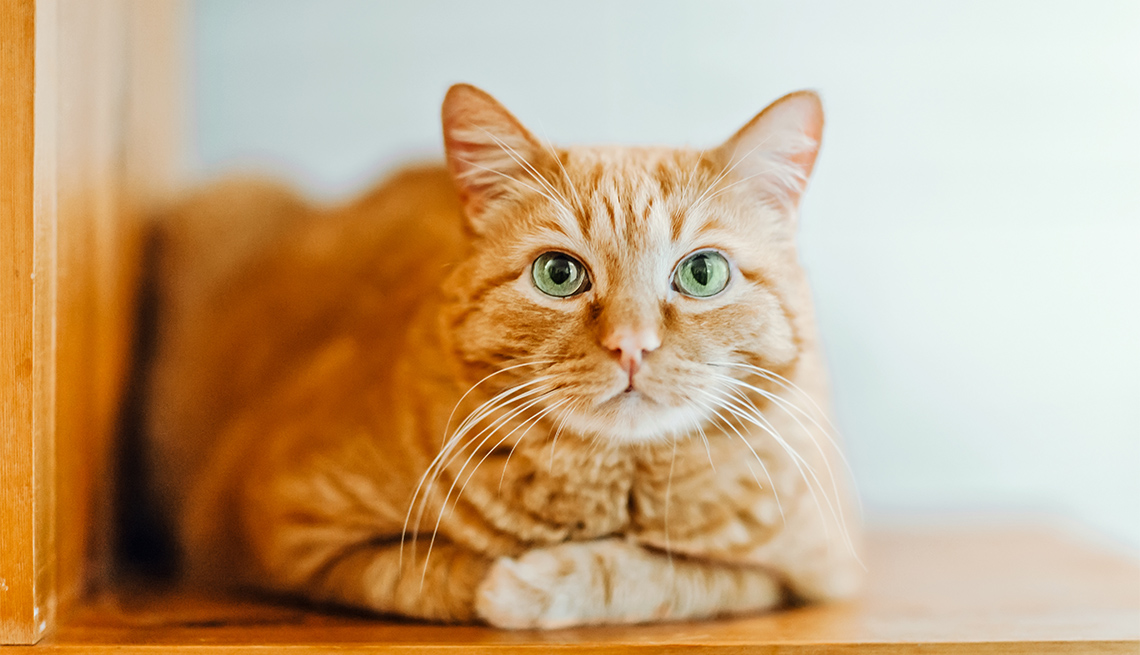
During the pandemic, it is important for pet owners to understand how to safely interact with their cats. First and foremost, it is crucial to maintain good hygiene practices. Wash your hands thoroughly with soap and water before and after touching your cat. Avoid touching your face while handling your cat and refrain from kissing or hugging them. Additionally, it is recommended to limit interactions with your cat if you are feeling unwell or have been in contact with someone who has tested positive for COVID-19. Pets can also provide comfort during these challenging times, so set aside dedicated time for play and cuddling to help alleviate any anxiety they may be experiencing. By following these guidelines, you can continue to enjoy a strong bond with your feline companion while keeping both of you safe and healthy.
Best practices for maintaining a healthy bond with your cat

To ensure a strong and healthy bond with your cat during the pandemic, it's important to prioritize their emotional and physical well-being. Firstly, provide plenty of interactive playtime to keep them mentally stimulated and happy. Engage in activities such as feather toys, laser pointers, or puzzle feeders that can challenge their instincts. Regular grooming sessions can also strengthen your bond while keeping their coat healthy. Additionally, create designated areas where they can relax and feel secure, such as cozy beds or elevated perches near windows for bird-watching. Lastly, remember to allocate quality time for cuddling and gentle petting to show affection and reinforce the bond you share with your feline companion. These practices will help maintain a strong connection with your cat even amidst the challenges of the pandemic.
Protecting your cat from COVID-19
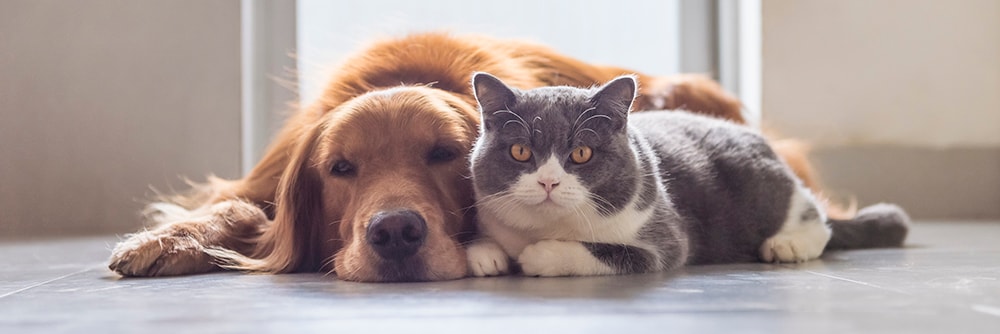
As a responsible pet owner, it is important to take measures to protect your cat from COVID-19. While the risk of cats contracting the virus is relatively low, it is still crucial to minimize any potential exposure.
Firstly, ensure that you practice good hygiene when handling your cat. Wash your hands thoroughly before and after touching them, as well as their food and water bowls. Additionally, avoid close contact with your cat if you are feeling unwell or have tested positive for COVID-19.
Limiting your cat's outdoor activities can also help reduce the risk of exposure. Keep them indoors as much as possible and avoid contact with other animals or people outside of your household.
Regularly clean and disinfect commonly touched surfaces in your home, such as doorknobs and countertops. This will help prevent the virus from lingering on these surfaces and potentially being transmitted to your cat.
Lastly, if you suspect that your cat may be showing symptoms of COVID-19 or has come into contact with an infected person or animal, it is important to consult with a veterinarian for further guidance.
By following these measures, you can help safeguard the health of both yourself and your beloved feline companion during this challenging time.
Tips on keeping your cat safe from the virus

To ensure the safety of your furry friend during the pandemic, there are a few steps you can take. First and foremost, limit their exposure to potentially infected individuals or environments. It's best to keep them indoors and away from crowded places and other animals. Additionally, regularly sanitize their belongings such as toys, bedding, and food bowls. Wash your hands thoroughly before and after handling your cat or their belongings.
Maintaining a clean home environment is crucial in preventing the spread of viruses. Regularly disinfect surfaces that your cat frequently comes into contact with. If you suspect that your cat may have been exposed to the virus or is displaying symptoms, it's important to contact your veterinarian immediately for guidance on the next steps to take.
By following these tips, you can help keep your beloved cat safe and healthy during these uncertain times.
COVID-19 and cat health

COVID-19 not only poses a risk to the respiratory health of humans, but it also raises concerns about the well-being of our feline friends. It is important to understand that cats can contract the virus, although their symptoms may be mild or even asymptomatic. However, if a cat is infected with COVID-19, it may experience respiratory issues such as coughing or difficulty breathing. It is crucial for cat owners to monitor their pets closely and seek veterinary care if any concerning symptoms arise. Additionally, it is essential to prioritize regular vaccinations and routine check-ups to maintain overall cat health and minimize vulnerability to COVID-19 and other illnesses. By staying informed and taking appropriate measures, pet owners can help ensure the health and safety of their furry companions during these uncertain times.
The impact of coronavirus on the overall health of cats
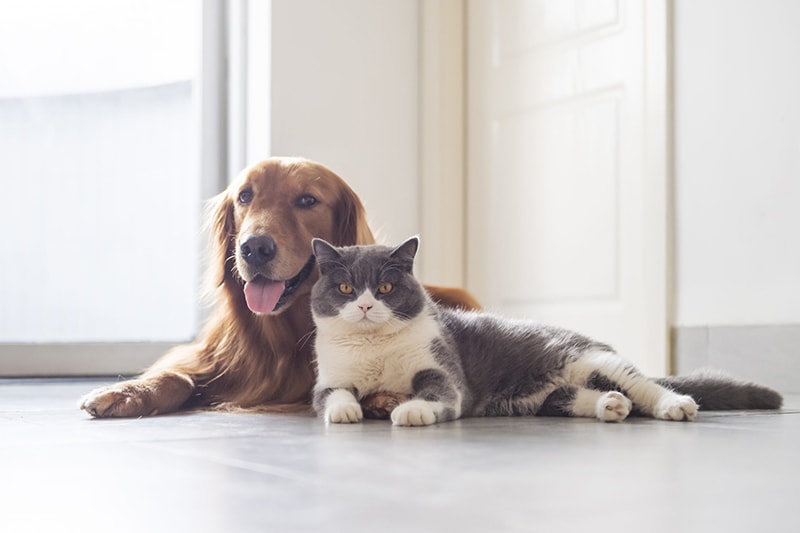
The impact of coronavirus on the overall health of cats is an important consideration for pet owners. While cats can contract the virus, it is essential to understand that the majority of cases are mild and most cats recover without any long-term effects. However, in rare cases, severe illness can occur. Cats with pre-existing health conditions or weakened immune systems may be more susceptible to complications from the virus. It is crucial for pet owners to monitor their cat's health closely during this time and seek veterinary care if they notice any concerning symptoms. Maintaining a healthy lifestyle for cats, including proper nutrition, exercise, and regular veterinary check-ups, can also help in supporting their overall well-being during the pandemic.
Managing COVID-19 if you have a cat

If you are a cat owner and have tested positive for COVID-19, it is important to take certain precautions to protect both yourself and your feline friend. Firstly, it is advisable to limit contact with your cat as much as possible. This means avoiding cuddling, petting, or letting them lick your face. It is also recommended to have someone else in the household take care of feeding, litter box cleaning, and other necessary tasks. If you must interact with your cat, make sure to wash your hands thoroughly before and after. Additionally, wearing a mask when in close proximity to your pet can help reduce the risk of transmission. By following these guidelines, you can minimize the chances of spreading the virus to your feline companion.
Guidelines for pet owners who test positive for coronavirus
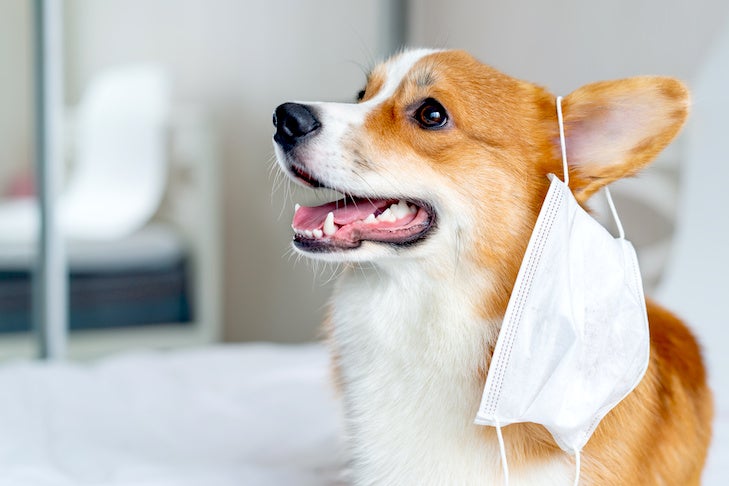
During these challenging times, it is crucial for pet owners to be prepared and informed about what to do if they test positive for coronavirus. First and foremost, it is recommended that individuals who have been diagnosed with COVID-19 should try to isolate themselves from their pets, just like they would with other family members. Although there is limited evidence of cats contracting the virus from humans, it is better to err on the side of caution. If possible, ask a trusted friend or family member to take care of your cat until you recover. If this is not feasible, ensure you wash your hands thoroughly before and after handling your pet, and avoid close contact such as cuddling or letting them lick your face. Keeping your cat indoors will also minimize the risk of exposure to the virus. Additionally, continue practicing good hygiene and cleanliness when cleaning litter boxes or any area your cat may come into contact with. By following these guidelines while managing COVID-19, you can prioritize both your health and the wellbeing of your beloved feline companion during these uncertain times.
Conclusion and resources
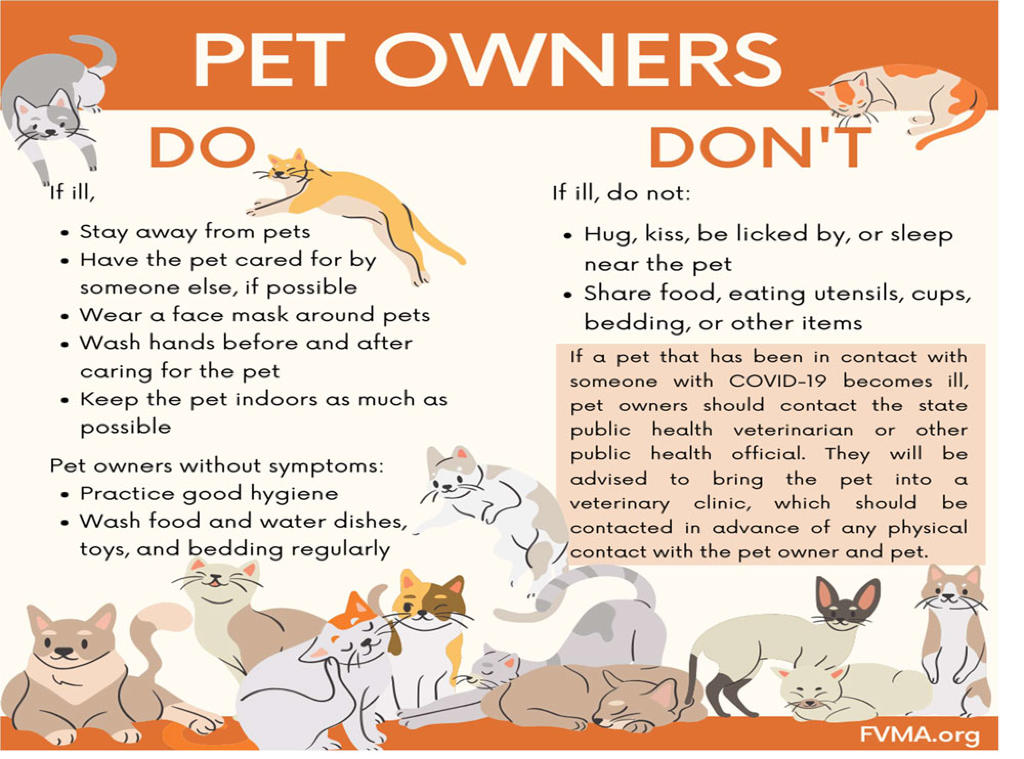
In conclusion, it is important for pet owners to be aware of the potential risks and implications of coronavirus on their cats. While cats can contract the virus, the cases are relatively rare and they usually experience mild symptoms. It is crucial for pet owners to monitor their cats closely for any signs of illness and seek veterinary care if necessary.
To prevent the spread of coronavirus, it is advised to follow good hygiene practices such as washing hands before and after interacting with your cat, avoiding close contact if you are sick, and keeping your cat indoors to minimize exposure. It is also important to stay informed about the latest research and recommendations from reputable sources such as veterinary associations and health organizations.
For more information and resources on coronavirus and cats, pet owners can consult their veterinarians or visit websites like the American Veterinary Medical Association (AVMA) or the Centers for Disease Control and Prevention (CDC). By staying informed and taking necessary precautions, pet owners can keep their furry friends safe during these challenging times.
Summary of key points and additional information for pet owners

Pet owners play a crucial role during the coronavirus pandemic by understanding and addressing the potential risks to their cats. While cats can contract the virus, they often show mild symptoms or remain asymptomatic. It is important for pet owners to be aware of signs such as respiratory issues, vomiting, and diarrhea. If any symptoms appear, a veterinarian should be consulted for diagnosis and guidance. Cats can transmit the virus to other cats, so it is important to take preventative measures such as practicing good hygiene, avoiding close contact with infected individuals, and regularly cleaning and disinfecting living areas. Additionally, maintaining a healthy bond with your cat through interactive play and exercise can help alleviate stress during these challenging times. Remember to prioritize your cat's safety by keeping them indoors and limiting exposure to potential carriers of the virus. Stay informed about updates from reliable sources such as the World Health Organization (WHO) and the Centers for Disease Control and Prevention (CDC) to ensure you are taking appropriate measures for your pet's well-being during this pandemic.




0 Comments